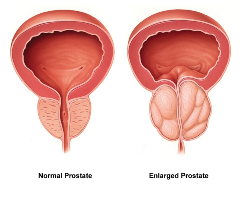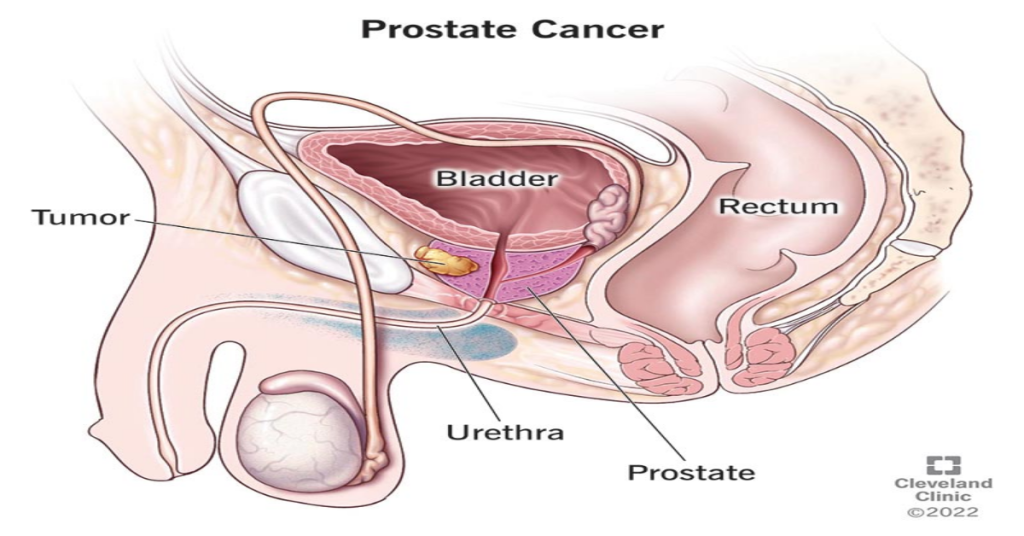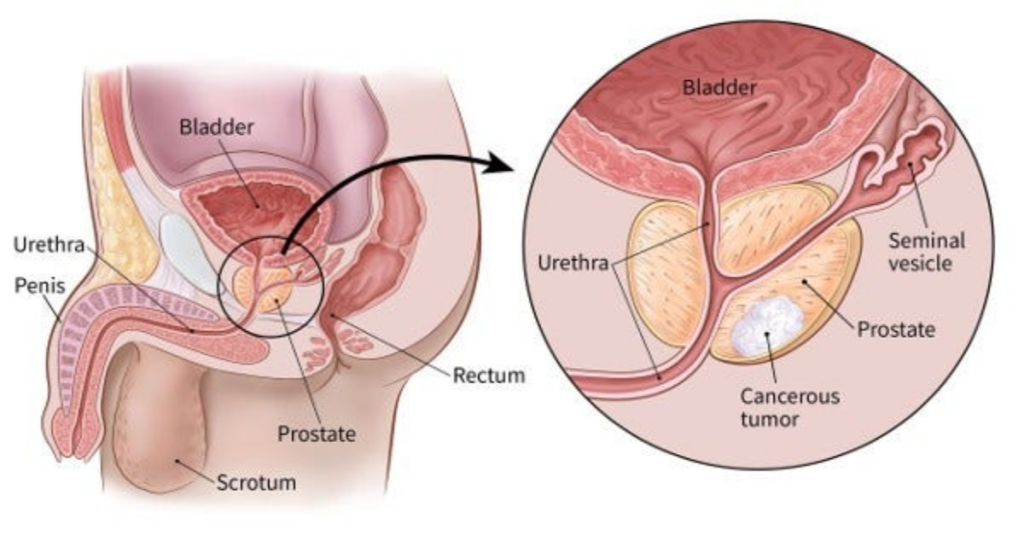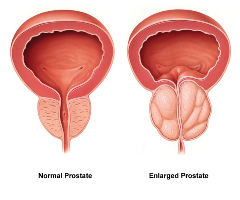The prostate gland is a vital part of the male reproductive system, responsible for producing seminal fluid and regulating urine flow. As men age, the prostate gland can become enlarged, leading to a range of symptoms that can impact daily life. In this article, we’ll delve into the importance of prostate health, common symptoms, and provide 24 practical tips to maintain a healthy prostate.
Why Prostate Health Matters
Prostate cancer is one of the most common cancers affecting men worldwide, with over 1.3 million new cases diagnosed annually. The prostate gland is also prone to enlargement, known as benign prostatic hyperplasia (BPH), which can cause urinary symptoms such as frequent urination, weak stream, and difficulty starting or stopping the flow of urine.
Common Symptoms of Prostate Problems
- Frequent urination, especially at night
- Weak or slow stream of urine
- Difficulty starting or stopping the flow of urine
- Painful or burning sensation during urination
- Blood in the urine or semen
- Inability to urinate
- Erectile dysfunction
- Pain in the lower back, hips, or thighs

24 Tips for Maintaining Prostate Health
- Eat a balanced diet: Focus on whole foods, fruits, vegetables, and whole grains to reduce inflammation and promote overall health.
- Stay hydrated: Drink plenty of water to help flush out toxins and maintain healthy urine flow.
- Exercise regularly: Regular physical activity can help reduce the risk of prostate cancer and improve overall health.
- Maintain a healthy weight: Excess weight can increase the risk of prostate cancer and other health problems.
- Limit red meat consumption: Red meat contains high levels of saturated fat, which can increase the risk of prostate cancer.
- Choose omega-3 rich foods: Omega-3 fatty acids found in fish, flaxseeds, and chia seeds may help reduce inflammation and improve prostate health.
- Get enough vitamin D: Vitamin D deficiency has been linked to an increased risk of prostate cancer.
- Manage stress: High stress levels can increase inflammation and oxidative stress, which can harm prostate health.
- Practice good hygiene: Maintain good hygiene practices, such as washing your hands frequently and wiping properly after using the bathroom.
- Get regular check-ups: Regular check-ups with your healthcare provider can help detect any potential issues early on.
- Monitor your PSA levels: The prostate-specific antigen (PSA) test can help detect prostate cancer early on.
- Consider supplements: Certain supplements like saw palmetto, zinc, and selenium may help support prostate health.

- Quit smoking: Smoking is linked to an increased risk of prostate cancer and other health problems.
- Limit saturated fat intake: High levels of saturated fat in your diet can increase the risk of prostate cancer.
- Cook food properly: Undercooked meat can increase the risk of foodborne illness and potentially harm prostate health.
- Avoid processed foods: Processed foods often contain high levels of preservatives and additives that can harm overall health.
- Drink green tea: Green tea has been shown to have anti-inflammatory properties that may help reduce the risk of prostate cancer.
- Get enough sleep: Adequate sleep is essential for overall health and can help reduce stress and inflammation.
- Practice pelvic floor exercises: Pelvic floor exercises can help improve urinary function and reduce symptoms of BPH.
- Avoid heavy lifting: Heavy lifting can put strain on the urinary tract and potentially exacerbate symptoms of BPH.
- Take regular breaks: Taking regular breaks during long periods of sitting or standing can help reduce pressure on the urinary tract.
- Consider a low-fat diet: A low-fat diet may help reduce the risk of prostate cancer by reducing inflammation.
- Stay up-to-date with vaccinations: Certain vaccinations, such as the HPV vaccine, may help reduce the risk of certain cancers.
- Practice good posture: Good posture can help reduce pressure on the urinary tract and improve overall health.

Conclusion
Maintaining a healthy prostate is crucial for overall well-being, particularly as men age. By following these 24 tips, you can take proactive steps to support your prostate health and reduce the risk of common problems like BPH and prostate cancer. Remember to always consult with your healthcare provider if you experience any unusual symptoms or concerns.
By prioritizing your prostate health, you’ll be taking a vital step towards protecting your overall well-being and maintaining a healthy lifestyle.



